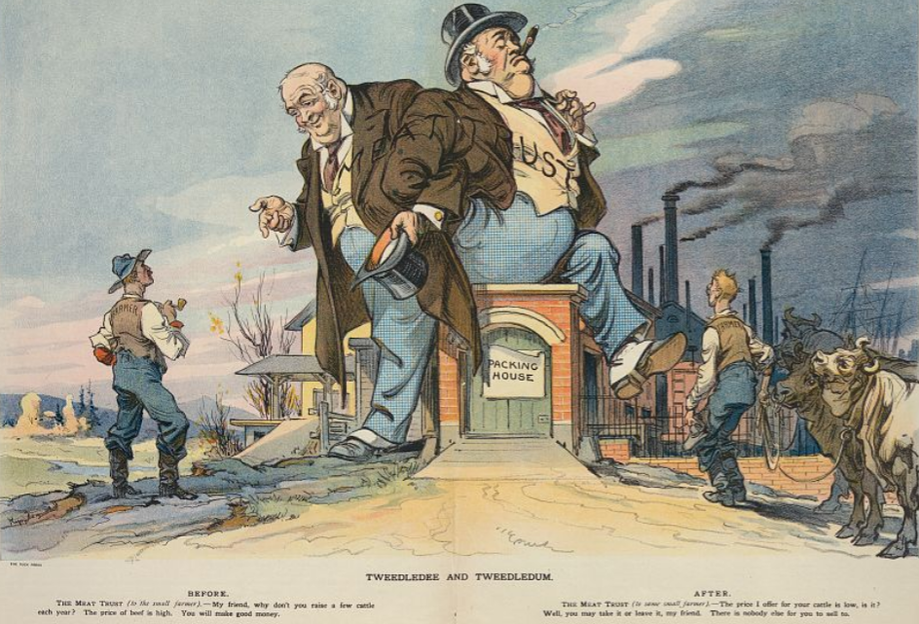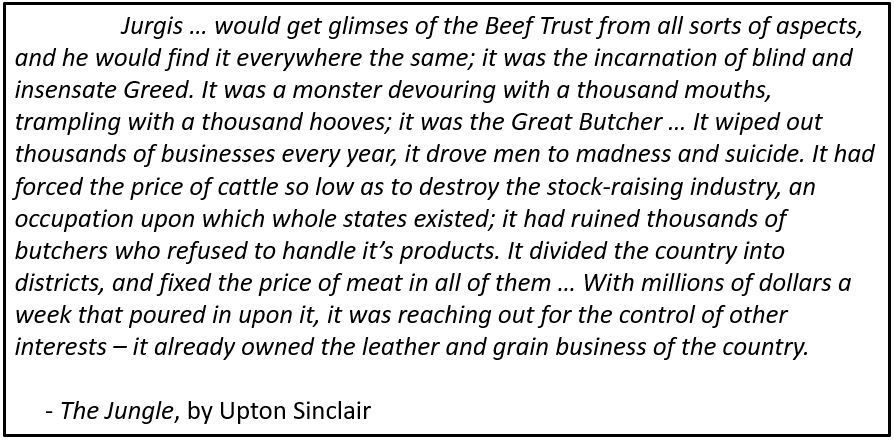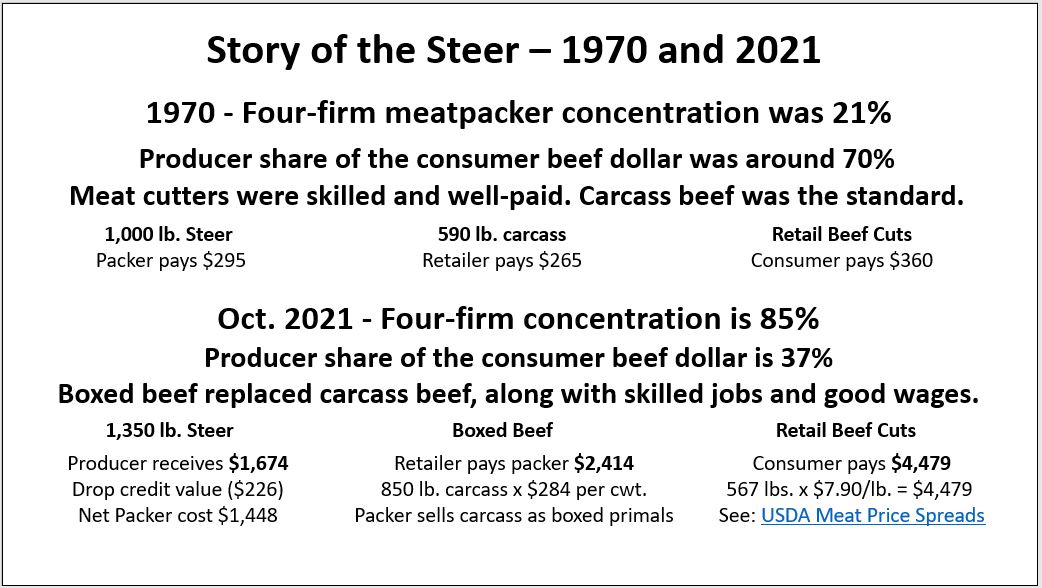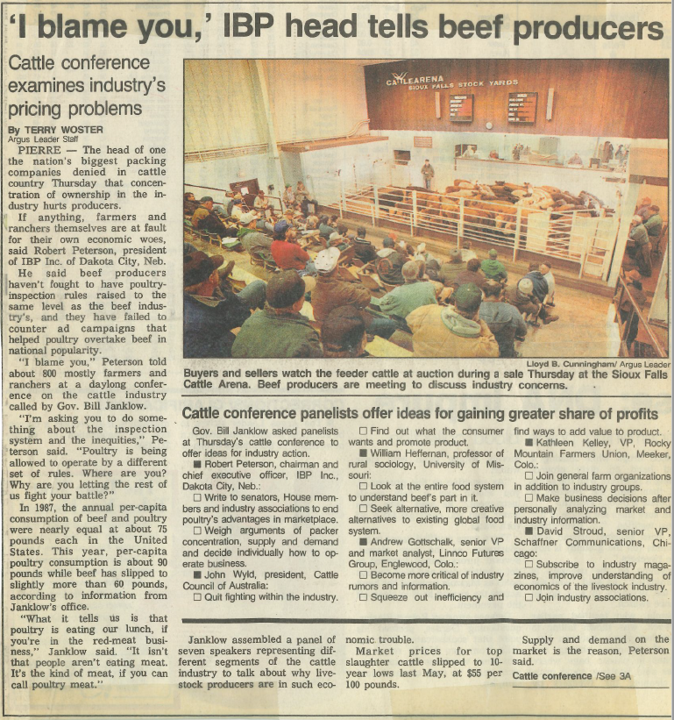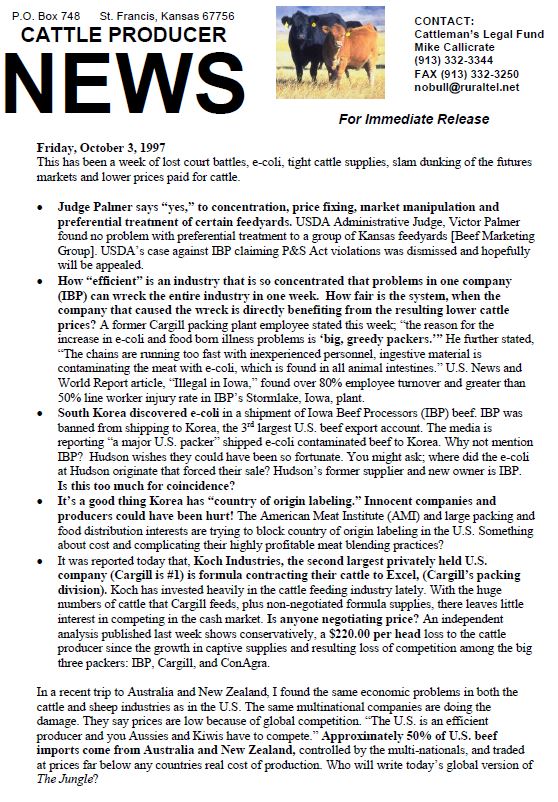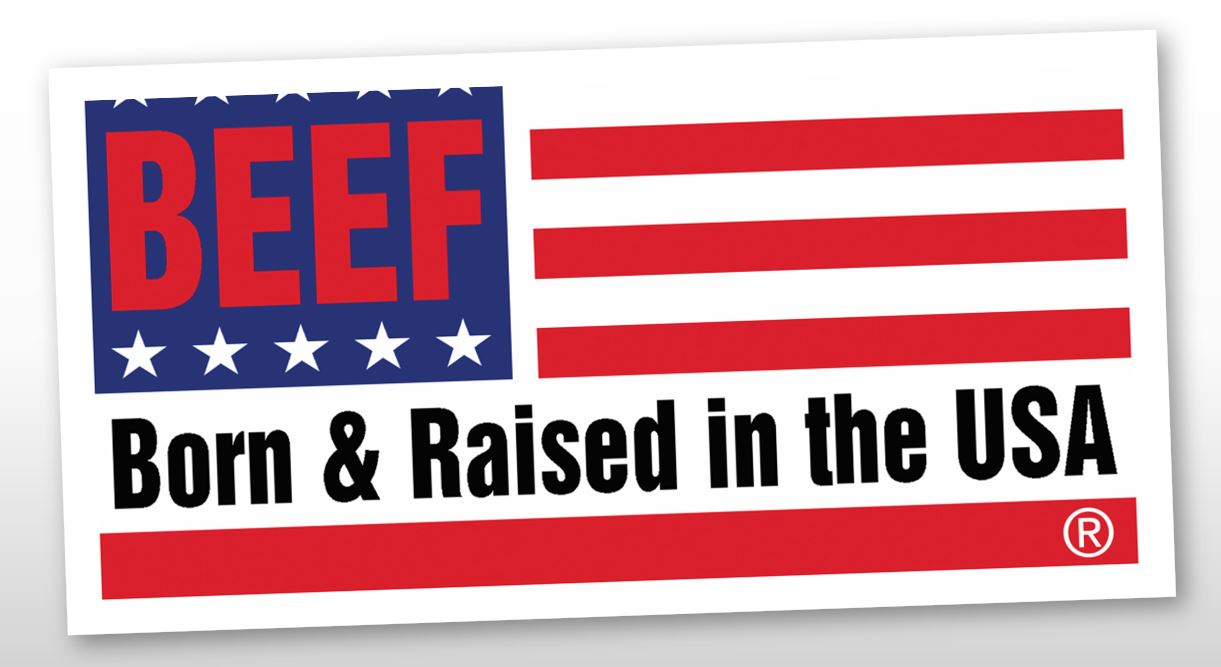
Consumers have a right to know where their food comes from – It’s a national security issue.
Senators Bennet and Hickenlooper should stand with Coloradans and support mandatory COOL
Country-of-Origin Labeling (COOL) for beef is back on the menu. The American Beef Labeling Act (S. 2716) is a bipartisan food security bill that would guarantee consumers know where their beef comes from by reinstating mandatory COOL. You will often hear politicians and Secretary of Agriculture Vilsack promote a “voluntary” label. We have a voluntary approach to meat labeling right now and it doesn’t work. Since 2016, the steak and hamburger you buy at the grocery store can be mislabeled. Foreign beef is labeled “Product of the USA” even though it may actually be from 20+ other countries. That’s not right and hurts us all.
Why is this happening? Congress caved to the demands of the World Trade Organization (WTO) and the meatpacking cartel lobbyists. In 2016, Congress removed “beef” and “ground beef” from the existing mandatory COOL law. Lamb, chicken, fish, fruits, and vegetables continue to be labeled correctly, why not beef? Monopoly power in the meatpacking industry has control over our democracy. Just four corporations, Cargill, JBS, National Beef, and Tyson control 85% of the meat purchasing and packing market. They are putting profits over people and truth in labeling. They want to take beef from all over the world, package it up and label it as “Product of the USA” to get the highest price from consumers.
Do Senators Bennet and Hickenlooper have the courage to stand with us or will they continue to side with the WTO and the meatpacking cartel? The American Beef Labeling Act reinstates mandatory COOL and requires beef sold at retail to be labeled as to where the animal was born, raised, and harvested. Passing this bill will make a difference because:
- It will prevent the deceptive practice of placing “Product of the USA” labels on foreign beef that continues today.
- It will enhance our national security and make the entire U.S. beef supply chain more robust, more resilient, and more decentralized.
- It empowers consumers to choose where beef is produced and the ability to avoid beef from countries with questionable food safety records.
- It allows you to support America’s independent cattle producers helping revitalize rural communities and preventing the ongoing industry concentration and consolidation.
Reinstating mandatory COOL stops food fraud. This is the beginning of a longer journey to create a level playing field for producers and builds a more resilient food system. In addition to truth in labeling, we must also strengthen antitrust law enforcement by breaking up monopoly power, stop subsidizing industrial ag, and stop favoring larger plants over small processors.
The American Beef Labeling Act is a win-win. It empowers consumers to choose where they want their beef to come from and strengthens the bottom line of Colorado’s independent cattle ranchers. We urge Sen. Bennet and Sen. Hickenlooper to stand with Colorado and not the multinational corporate meatpacking cartel. They should join their Senate colleagues and co-sponsor the American Beef Labeling Act (S.2716).
Dr. Kathryn Bedell runs Roan Creek Ranch in Fruita, CO and is chair of the Western Organization of Resource Council’s (WORC) Agriculture and Food Team.
Mike Callicrate owns Ranch Food Direct in Colorado Springs, CO and is a founding member of the Organization for Competitive Markets, R-CALF, and the Kansas Cattlemen’s Association.

